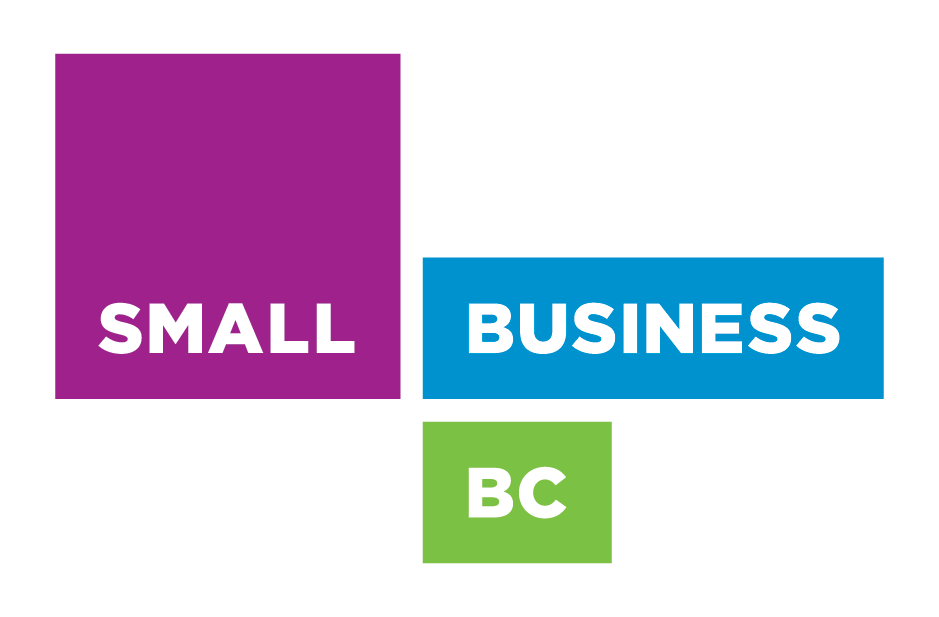Victoria – The David Eby Government brought down that Premier’s First ever budget.
Katrine Conroy, Minister of Finance delivers the 2023 BC Budget:
Budget 2023’s three-year fiscal plan presents declining deficits, with a projected $4.2-billion deficit in 2023-24, declining to $3 billion in 2025-26.
Alongside Budget 2023, the Province is putting this year’s surplus to work for people now and for the long term through $2.7 billion in supplementary estimates in 2022-23 for more investments in people, communities and organizations throughout B.C. Investments include $1 billion through the Growing Communities Fund that will help local governments enhance community infrastructure and amenities, and $150 million for the BC Cancer Foundation to support the newly released B.C.’s cancer action plan.
Almost $6.4 billion in new investments over three years will strengthen public health care and help people find and stay connected to the care they need. This includes funding to significantly improve cancer care, build up B.C.’s health-care workforce with new training seats, and create better supports for health-care workers and family doctors. This also includes $1 billion in new funding to expand mental-health and addictions services.
Budget 2023 takes more action to get people into homes they can afford, providing an additional $4.2 billion in operating and capital funding over three years – the largest three-year housing investment in B.C. history – for more homes for people who rent, Indigenous people and middle-income families, along with new actions to tackle homelessness.
B.C. is also helping to ensure safe communities by boosting funding by $462 million over the fiscal plan for policing, enforcement, intervention services and access to justice throughout the province.
As global inflation and higher prices stretch people’s budgets, Budget 2023 helps reduce people’s costs and offers extra support to those who need it most. Following almost $2.4 billion worth of temporary cost-of-living supports since summer 2022, the Province will invest another $4.5 billion over the next three years in new spending measures and tax credits to help people with the effects of rising costs and establish stable, sustainable support.
Approximately $1.3 billion in new investments over three years will help support reduced costs for people. This includes giving free prescription contraception for B.C. residents, expanding existing K-12 school food programs, and providing more financial supports for post-secondary students, people receiving income and disability assistance, and foster families and other caregivers.
Moderate- and low-income renters in B.C. will be eligible for as much as $400 a year through a new income-tested renter’s tax credit starting in 2024. The credit will help more than 80% of renter households.
Approximately 75% of families with children are eligible for the BC Family Benefit. Starting in July 2023, these families will see a 10% increase in their monthly payments. Single parents will receive as much as an additional $500 per year on top of the 10% increase, also to be delivered in July.
The Climate Action Tax Credit will be expanded to help people with low and moderate incomes offset the carbon tax, which increases in April 2023 to meet federal requirements as part of B.C.’s transition to a low-carbon future. A significant majority of people are projected to receive more through the enhanced credit than they pay in increased carbon tax by 2030. Payments are higher for people with lower incomes. Prior to the increase, a four-person family could receive a maximum of $500 a year. Starting July 2023, the same family could receive a maximum of $900.













